Asset Valuation Methods for Accountants Checklist
Template for accountants to select and apply various asset valuation methods in financial reporting, compliant with accounting standards.
Introduction
FAQ
How can I integrate this Checklist into my business?
You have 2 options:
1. Download the Checklist as PDF for Free and share it with your team for completion.
2. Use the Checklist directly within the Mobile2b Platform to optimize your business processes.
How many ready-to-use Checklist do you offer?
We have a collection of over 5,000 ready-to-use fully customizable Checklists, available with a single click.
What is the cost of using this Checklist on your platform?
Pricing is based on how often you use the Checklist each month.
For detailed information, please visit our pricing page.
What is Asset Valuation Methods for Accountants Checklist?
Asset Valuation Methods for Accountants Checklist:
I. Cost Approach
- Original cost or acquisition cost
- Accumulated depreciation or depletion
- Salvage value or residual value
II. Income Approach
- Discounted cash flow (DCF) method
- Capitalization of earnings (COE) method
- Present value of expected earnings (PVEE) method
III. Market Approach
- Comparable sales analysis
- Sales comparison approach
- Cost-to-reproduce or replacement cost
IV. Physical Count and Inventory Analysis
- Identifying and counting physical assets
- Verifying the existence and condition of assets
- Analyzing inventory levels and turnover rates
V. Depreciation and Amortization Review
- Calculating depreciation and amortization expenses
- Reviewing asset life and useful economic life
- Identifying any discrepancies or inaccuracies
How can implementing a Asset Valuation Methods for Accountants Checklist benefit my organization?
Accurate asset valuation is crucial for informed financial decision-making. Implementing an Asset Valuation Methods for Accountants Checklist can benefit your organization in several ways:
- Improved Financial Reporting: By accurately valuing assets, you ensure that financial reports reflect a true picture of the company's position and performance.
- Enhanced Decision Making: Accurate asset valuation enables informed decisions on investments, funding, and strategic planning.
- Increased Transparency: A clear and transparent approach to asset valuation builds trust with stakeholders and improves accountability.
- Compliance with Regulations: Adherence to established guidelines for asset valuation helps ensure compliance with relevant laws and regulations.
- Better Asset Management: Properly valuing assets enables organizations to prioritize their maintenance, replacement, or disposal, thus optimizing resource allocation.
- More Efficient Operations: By accurately accounting for asset values, businesses can optimize their operations, reducing costs and improving productivity.
By implementing an Asset Valuation Methods for Accountants Checklist, your organization can benefit from these advantages and position itself for long-term success.
What are the key components of the Asset Valuation Methods for Accountants Checklist?
Asset Valuation Methods for Accountants Checklist includes:
- Market-based methods:
- Sales comparison approach
- Income capitalization approach
- Earnings multiplier approach
- Income-based methods:
- Discounted cash flow (DCF) analysis
- Capitalization of earnings approach
- Cost-based methods:
- Replacement cost approach
- Historical cost approach
- Hybrid methods:
- Weighted average cost approach
- Industry-specific methods:
- Average industry price per unit of output approach
Cost Method
Market Method
Replacement Cost Method
Income Approach
Order of Value Methods
Asset Valuation Models
Common Pitfalls
Certification
Expense Reduction
 34%
34% Development Speed
 87%
87% Team Productivity
 48%
48% Generate your Checklist with the help of AI
Type the name of the Checklist you need and leave the rest to us.
 Made in Germany
Made in Germany Fair Pricing Policy
Fair Pricing Policy



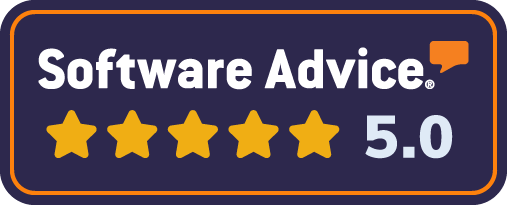










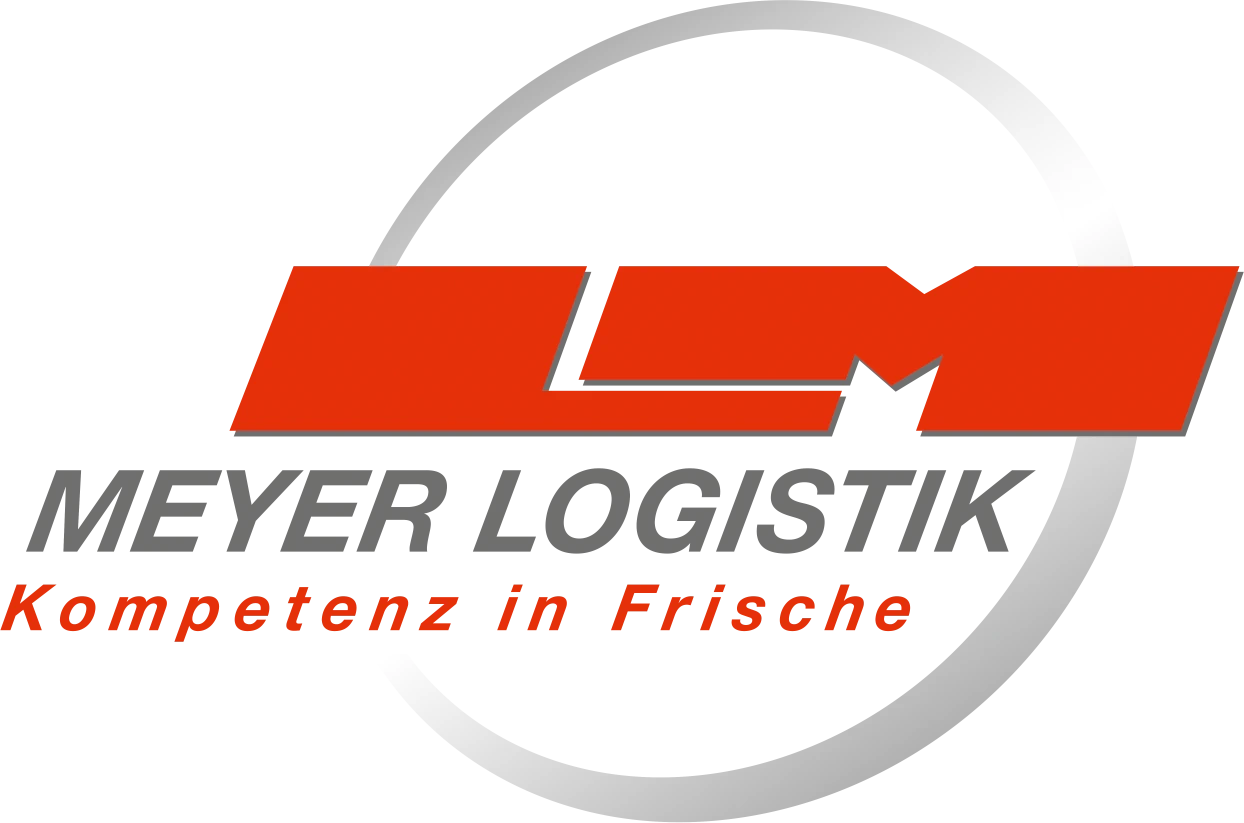



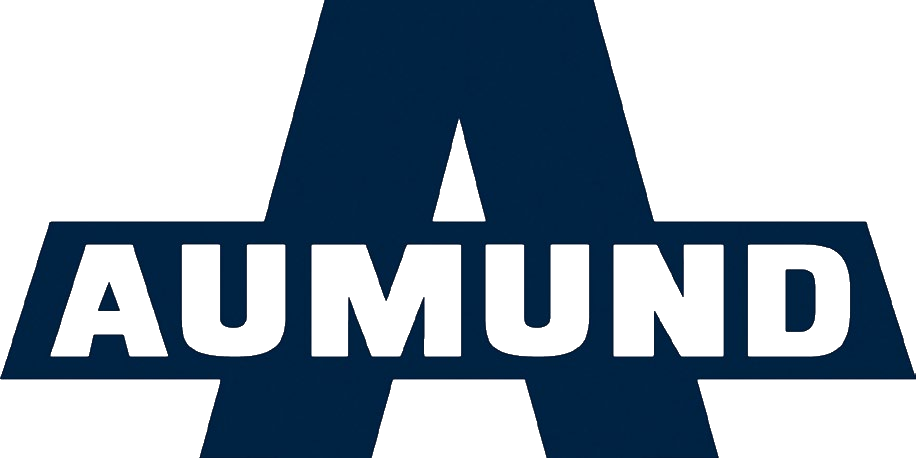


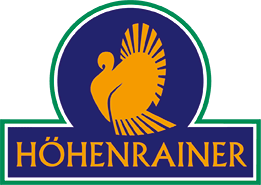

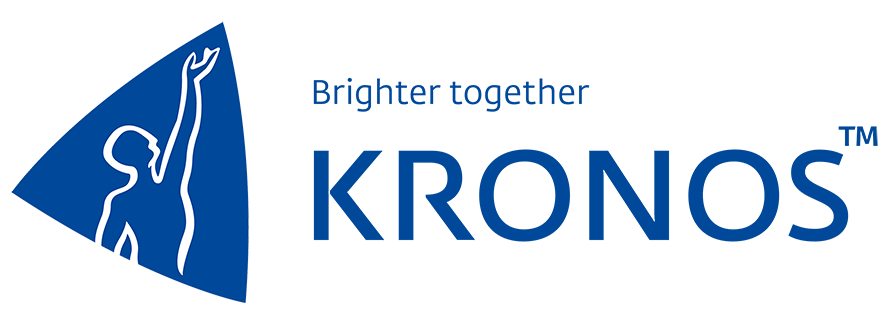




 Certified Security and Data Protection
Certified Security and Data Protection Active Support and Customer success
Active Support and Customer success Flexible and Fully customizable
Flexible and Fully customizable